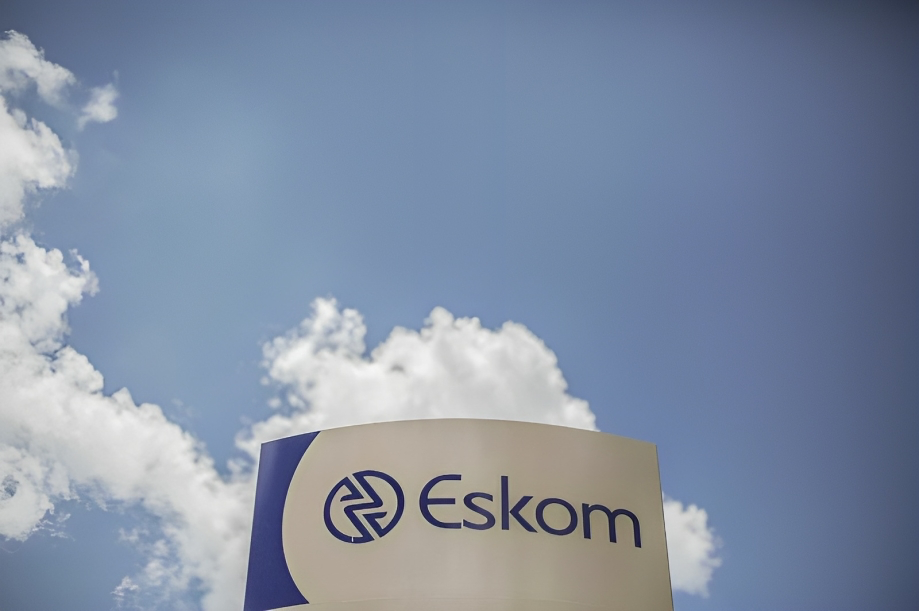South Africa’s state-owned electricity provider Eskom is heading for its seventh consecutive full-year loss as the country grapples with frequent power cuts and rising debt. The utility posted a 1.62 billion-rand ($85 million) interim profit in the period through Sept. 30, down from a 3.8 billion-rand profit a year earlier, according to a statement on its website on Wednesday.
Eskom, which generates about 95% of the nation’s power, has been struggling to meet demand due to aging and poorly maintained plants, coal shortages, and breakdowns. The company has implemented rolling blackouts, known as load shedding, to prevent a total collapse of the grid. These power cuts have disrupted businesses, households, and public services, hampering economic recovery and social stability.
The power crisis has also exposed Eskom’s financial woes, as the utility is saddled with more than 400 billion rand of debt, equivalent to about 10% of South Africa’s gross domestic product. Despite receiving a 254 billion-rand bailout from the government over the next decade, Eskom’s debt increased by 6% in the six months to September, reaching 408.62 billion rand.
Eskom’s acting chief executive officer, Calib Cassim, acknowledged the impact of load shedding on the country and said the company aims to keep it as low as possible. He said Eskom has made some progress in improving its generation performance and operational stability, but much more needs to be done.
One of the positive developments is the completion of the Medupi Power Station, the largest dry-cooled coal-fired power station in the world, which added 4,764 megawatts to the grid. Eskom is also working on the Kusile Power Station, which will have a similar capacity once finished. Both projects have been plagued by delays and cost overruns, but are expected to ease the pressure on the system and reduce emissions.
Eskom is also pursuing a legal separation of its transmission division, which will enable it to access cheaper financing and participate in the renewable energy market. The World Bank has given its consent for this move, which is part of the government’s plan to restructure Eskom and introduce more competition and private sector participation in the electricity sector.
However, Eskom still faces many challenges, such as recovering the billions of rand owed by municipalities, securing adequate coal supplies, managing labor relations, and addressing governance and corruption issues. The company also needs to adapt to the changing energy landscape, as more customers switch to alternative sources of power, such as solar and gas.
Eskom’s woes have been compounded by the effects of the global pandemic, which has reduced electricity demand and revenue while increasing costs and risks. The company has implemented strict health and safety measures to protect its employees and contractors and has vaccinated more than 20,000 of its staff.
As South Africa prepares for the summer season, when electricity demand typically peaks, Eskom has urged the public to use power sparingly and efficiently and to report any faults or illegal connections. The company has also appealed for patience and support from all stakeholders, as it works to restore stability and sustainability to the power system.
Eskom’s performance and prospects are crucial for South Africa’s economic and social development, as well as its climate change commitments. The company has the vision to become a “world-class energy provider that powers Africa’s growth and prosperity”. To achieve this, it will need to overcome its current challenges and embrace the opportunities of the energy transition.
Source: Engineering News



